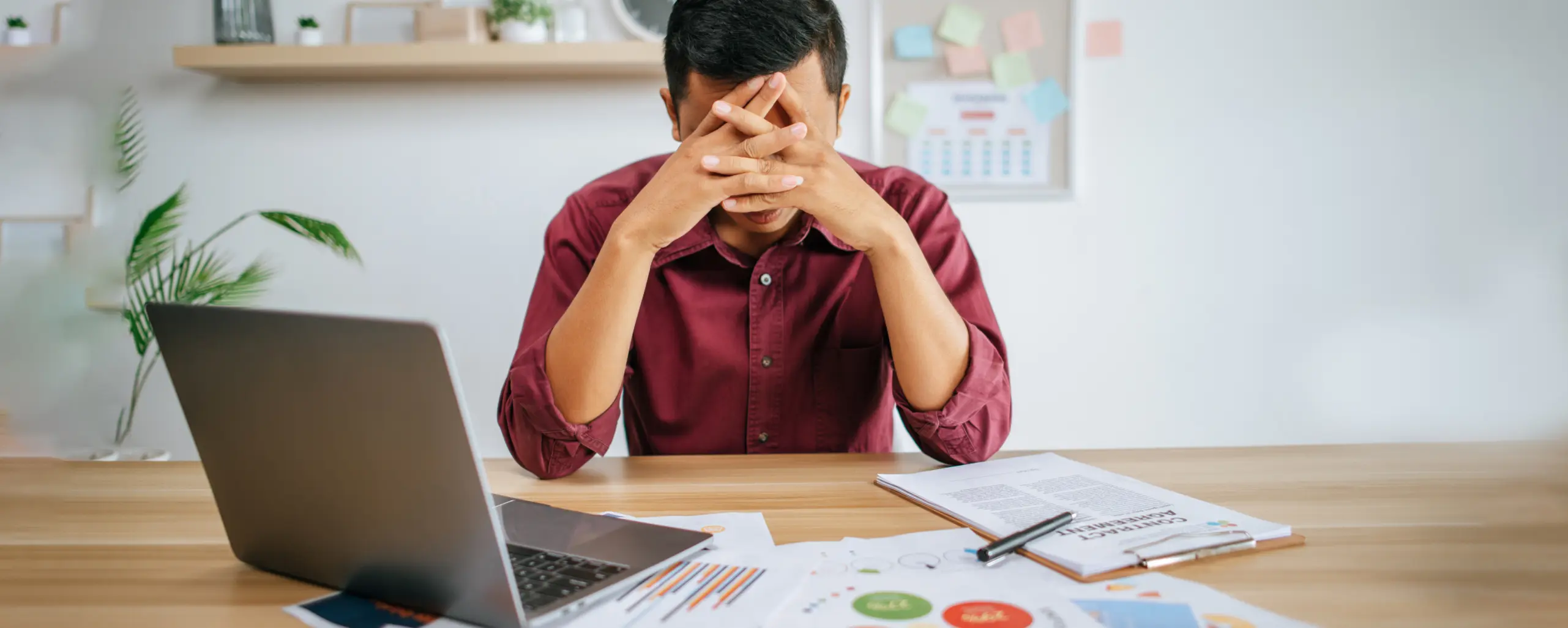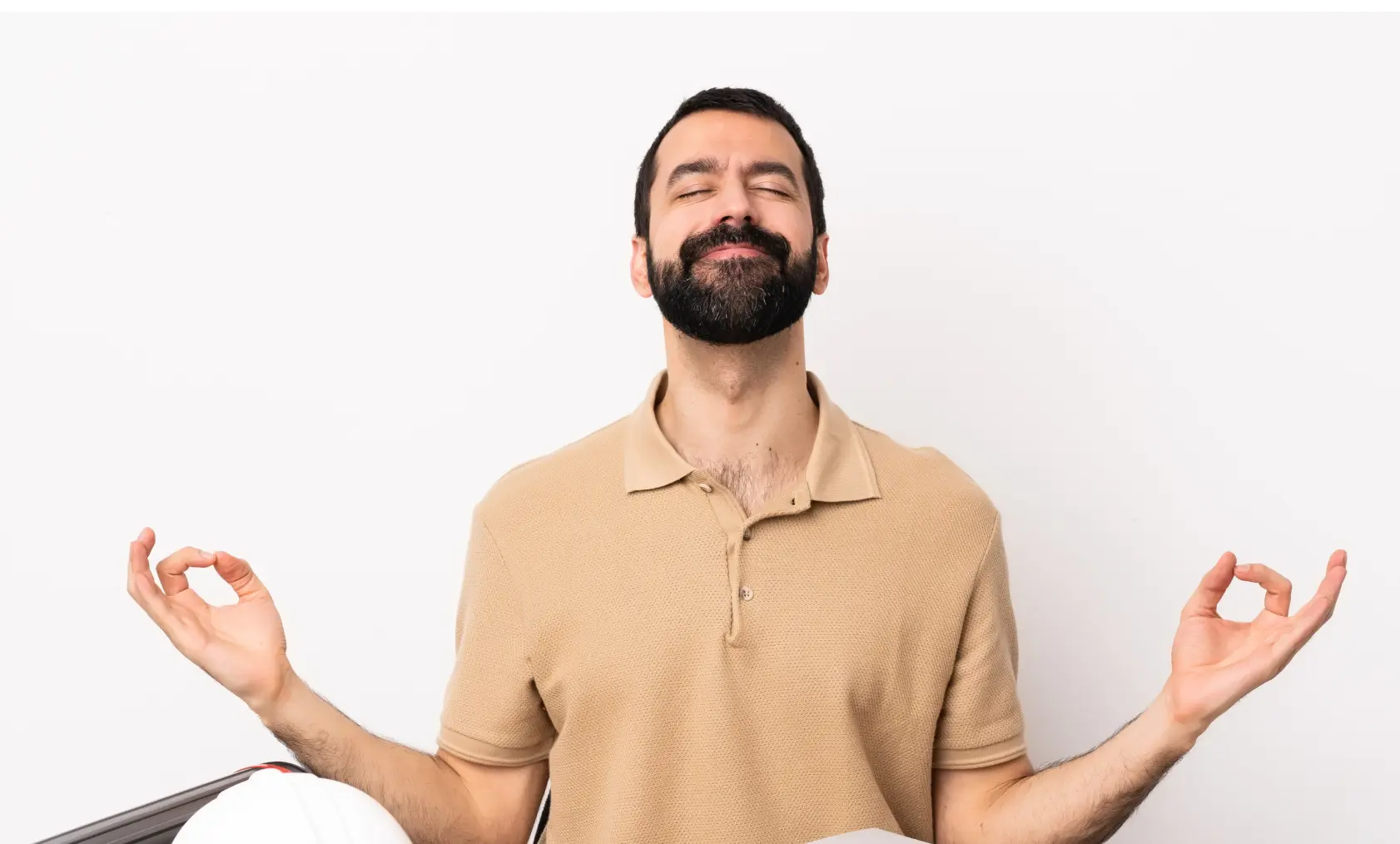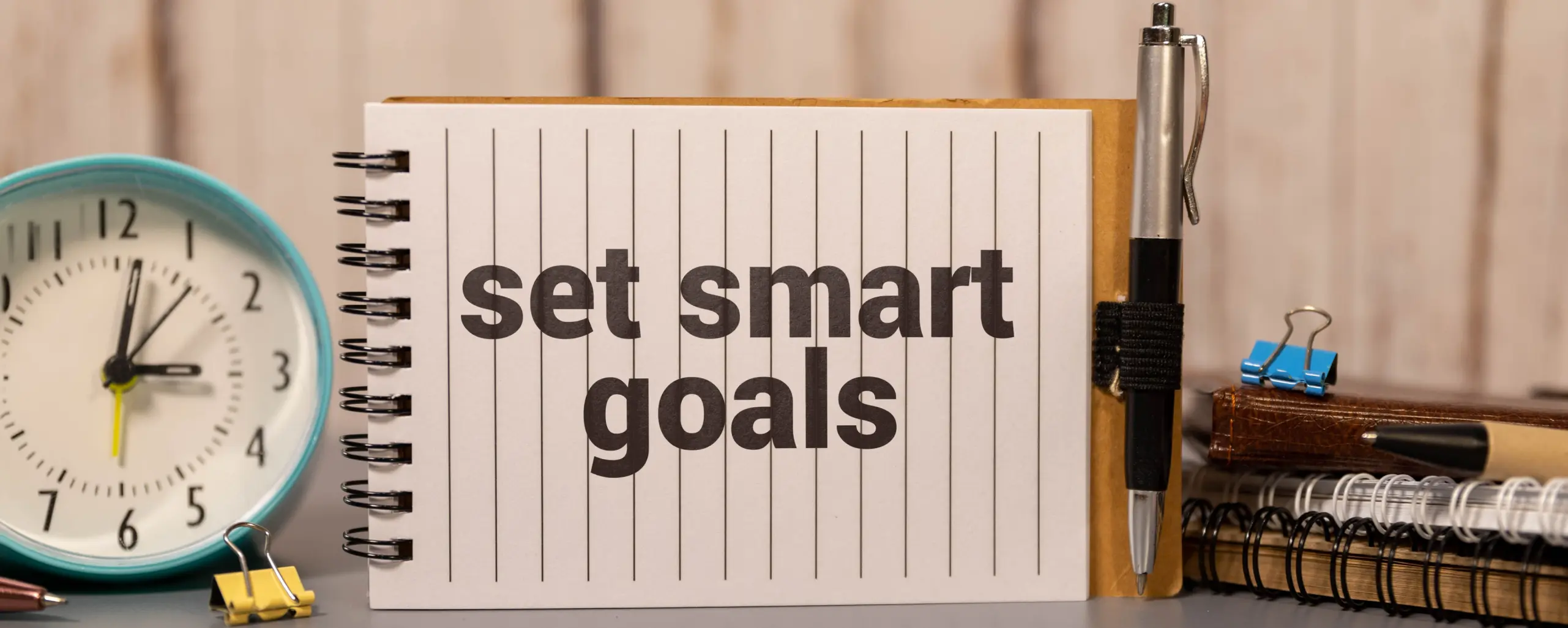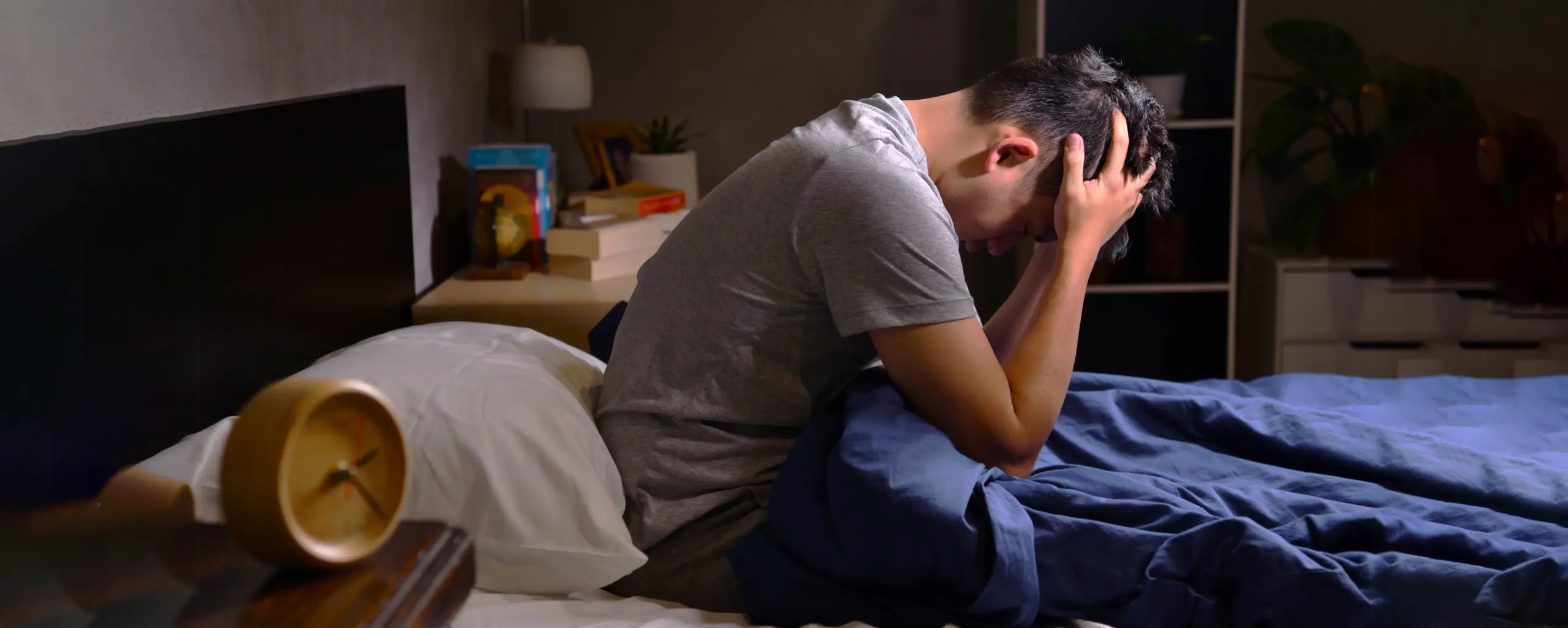Finding Serenity: Meditation for Anxiety and Stress

Finding Serenity: Meditation for Anxiety and Stress
Meditation can be practiced by everyone, everywhere. It is a process that can eliminate your stress, worry, and tension. If you spare just a few minutes every day to meditate, it can help in restoring your inner peace. Meditation for anxiety is inexpensive and simple without the requirement of any equipment. It has been practiced for ages and was initially used to understand the mystical forces and sacred meaning of life.
Today, it also helps you unravel the sense of peace, calm, and balance. It will not only benefit your overall health and emotional well-being. So, sit for some time, close your eyes, focus on NOTHINGNESS, and gain power over your emotions.
How Does Anxiety Impact Mental and Physical Health?
Anxiety has different meanings for different individuals. For some, it is the loss of someone close. For others, it is the constant worry about the future. While some feel anxious about their professional growth, others feel worried about their relationships. Regardless of the root cause of anxiety, everyone’s mental and physical health deteriorates. This especially happens when the problem is left untreated. Anxiety can affect an individual in the following ways-
| Mental Effects | Physical Effects |
|---|---|
| Lack of focus or concentration | Overwhelming feelings |
| Feeling constantly worried | Trembling or shivers |
| Wondering all the worst-case scenarios consistently | Muscle pain and tension |
| Restlessness or breathlessness | Pins and needles feeling |
| Overwhelming feelings | Digestive issues |
| Irritation | Increased heart rate |
| Constant fearful emotions | Dizziness |
| Lack of enjoyment in anything | Dry mouth |
| Constant guilt or shame | Tiredness or lethargy |
| Intrusive thoughts | Insomnia |
These troubles can be targeted through a healthy habit. Meditation and anxiety don’t go hand in hand. If you begin meditating regularly, it will bring down the negative emotions. You will get a positive outlook on life.

How Does Meditation Reduce Anxiety?
Meditation for stress and anxiety is a significant step towards healing.
When your body is anxious, you tend to feel several intensely negative emotions and sensations. Meditation to calm the mind and lower your body’s reactions is a helpful technique. It enables you to step away from the chaos and streamline your emotions. This way, you can think rationally and even find out the root cause of your anxiety.
Meditation to reduce anxiety works in the following ways:
Safe Zone to Examine Your Worries and Stress
Do not fight your emotions or feel that they are unworthy. Rather, explore what can happen. This way, you will be able to gain insight into the cause of your constant stress or worry. Do not worry about someone or yourself judging you when you are creating a bridge between meditation and anxiety.
Stay Okay with Difficult Situations
Meditation for anxiety helps you figure out all your emotions. During this process, you do not have to suppress, analyze, or encourage those feelings. Allow yourself to understand every painful memory, cause of irritation, or worry.
Prevents Stress from Consuming Every Thought
Once you begin to identify the underlying causes, you get a sense of freedom and spaciousness. Your negative thoughts will find an escape and you will feel happy again.
Managing Anxiety through Meditation
Meditation for anxiety helps manage these emotions effectively. Here is how you can practice the routine:
Be Attentive & Open to the Moment
The idea is to shift the attention to your emotions. Instead of choosing or evaluating how to process everything, simply be. Become a holder of your feelings, thoughts, and vibrations which are currently present in the body.
Focus on Breathing
Now that you have acknowledged your emotions shift the attention to your breath. It can be through your nostrils, chest, or stomach. This should be a play of concentrated focus.
Focus on Your Body
Now, you are ready to be aware of your body’s sensations. As you sit patiently, experiencing the process of inhaling and exhaling, you can pay attention to your body. This will provide a wholesome experience and alleviate the physical effects of stress.
Tips to Help You Meditate When You’re Feeling Anxious
Meditation to relieve stress and anxiety may have various outcomes but elements used in it are common. Here are the things you need to keep in mind before you start to meditate:
Undivided Attention
One of the most important things to keep in mind while meditating is paying undivided attention to the process. When you meditate with 100% focus, it helps you feel calm and relaxed.
Comfortable Position
You can indulge in relaxation exercises for anxiety while sitting, lying on the bed, walking, or any other position/activity. Choose the position in which you feel comfortable. All you have to do is be in your best position while meditating. Your aim should be to have a good posture throughout the meditation session.
Quiet Place
If this is the first time you are familiarizing mindfulness and anxiety, always remember to use a spot that has no distractions. If you do not sit in a quiet place, then you cannot focus. Although, when you become an expert in meditating, you can do it anywhere.
Relaxed Breathing
During meditation for anxiety, your focus should be on deep, even-paced breathing. Breathe slowly and inhale more oxygen. Always remember to not use the upper chest, neck, and shoulder muscles too much. This will ensure that your breathing is proper and effective.
Openness
There should be no judgment about yourself, and you should allow every thought to pass. When you want meditation and anxiety to face each other, let it be a smooth process. Feel it to be a safe zone where you can do anything and think about everything.
Conclusion
The first step to being free of the negative emotions is understanding it. Mindfulness exercises for anxiety help achieve the same. Through continuous practice, you can identify your trigger areas and work on them. There are several techniques of meditation for anxiety, and you can pick the one which suits your body.
Bonus Habits to Reduce Anxiety
Along with meditation, you can also indulge in other mindfulness exercises for anxiety. Try yoga, stretching, or dance sessions to prevent impulsive thoughts from consuming you. You can also practice mindful journaling to release the emotions and feelings within. With Habuild, you can plan your mindful routine and bring your life back on track!
Thanks for reading






